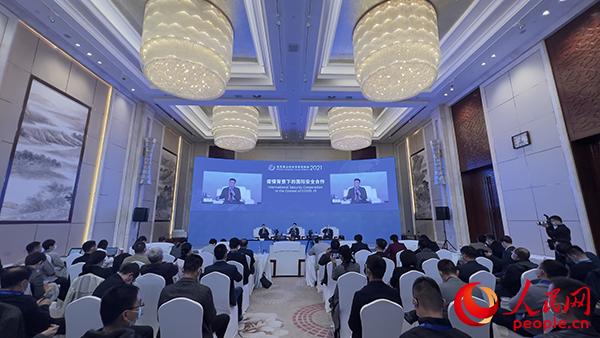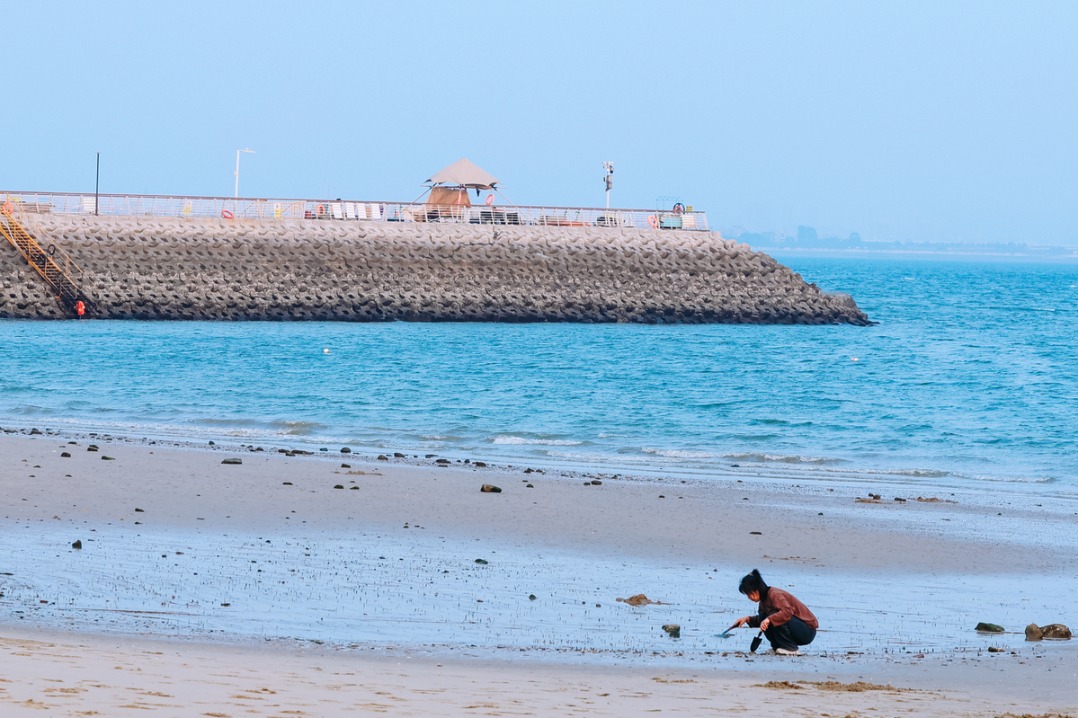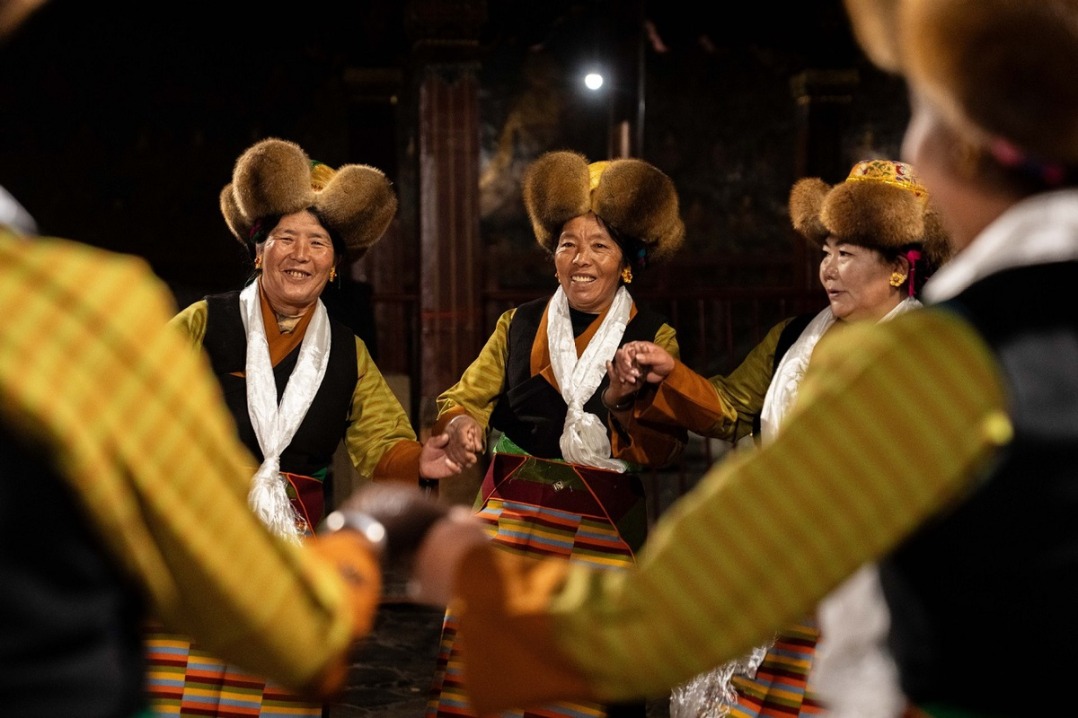Experts seek ways for countries to enhance mutual trust, consensus


Experts said the international community should enhance mutual trust and consensus to find new ways to jointly address global security challenges and safeguard world peace and stability.
Over 50 scholars from more than 20 countries and international organizations participated in the 2021 Beijing Xiangshan Forum Webinar that concluded on Tuesday. The webinar was organized by the Beijing Xiangshan Forum Secretariat, which is sponsored by the China Association for Military Science and the China Institute for International Strategic Studies.
The webinar featured six panels, with topics ranging from Asia-Pacific security to the situation in Afghanistan. The theme of this year's event is "pursue win-win cooperation and advance global security governance".
General Yang Xuejun, president of the People's Liberation Army Academy of Military Sciences, said at the opening ceremony on Monday that the global security situation is witnessing profound change, and it is important to find the source of the issue and come up with new solutions to address the increasingly difficult global security challenges.
Yang said he hopes various participants can share their insights, enhance mutual trust, build consensus and cooperation and find new solutions for jointly tackling global security challenges and maintaining global peace and stability.
J. Stapleton Roy, former United States ambassador to China, said in a panel that China and the US are at a historic crossroads. While there are certainly some issues between the two countries, it does not necessarily mean the two nations should engage in hostile competition, he added.
If animosity continues between China and the US, uncertainty over factors such as military confrontation, an arms race, proliferation of nuclear weapons and forcing Southeast Asian countries to choose sides will become more likely, he said, adding no nation can benefit from deteriorating China-US relations.
Yao Yunzhu, a retired major general of the PLA and a senior adviser to the Beijing Xiangshan Forum, said China has opposed using competition to define China-US relations and has rejected the "tripartite approach" proposed by the US government-namely that the US would cooperate with, compete with and confront China simultaneously, depending on the subject and the situation.
Yao said China has explicitly stated that the core nature of bilateral ties should be mutually beneficial and win-win. If China-US relations are underpinned by competition, there will be a lack of willingness to collaborate since each side would fear such cooperation would benefit the other more.
As a result, even when discussing issues of mutual concern, China and the US will likely continue to act in their best interests, but both sides should also seek collaboration if possible to avoid confrontation, she said.
One major flashpoint of China-US competition is the Taiwan question, which Roy said has escalated tensions in the region to dangerous heights. Therefore, both sides should refrain from taking actions that could lead to crises or military confrontation, he added.
Zheng Yongnian, professor of political science at the Chinese University of Hong Kong, in Shenzhen, Guangdong, said if the US continues to facilitate Taiwan secession, China will take certain counteractions as a deterrence.
Senior Colonel Cao Yanzhong, a researcher from the PLA Academy of Military Sciences, said to promote positive interactions between big nations, the most important factor is respecting each other's core interests and key concerns and not challenging each other's strategic bottom line.
Andrey Kortunov, director general of the Russian International Affairs Council, said countries in the Asia-Pacific region should form a joint crisis management and mitigation mechanism, and seek cooperation in climate change, nuclear proliferation and terrorism to rekindle mutual trust.
- Macron's China visit strengthens ties, boosts cooperation on global issues
- CPC issues revised regulations on its working bodies
- Melodic harmony under gingko tree
- Media tour explores Xiamen's tech surge and smart manufacturing
- Discover Xiamen with beauty of ecological governance
- Conference aimed at strengthening global organ donations opens in Guangzhou




































